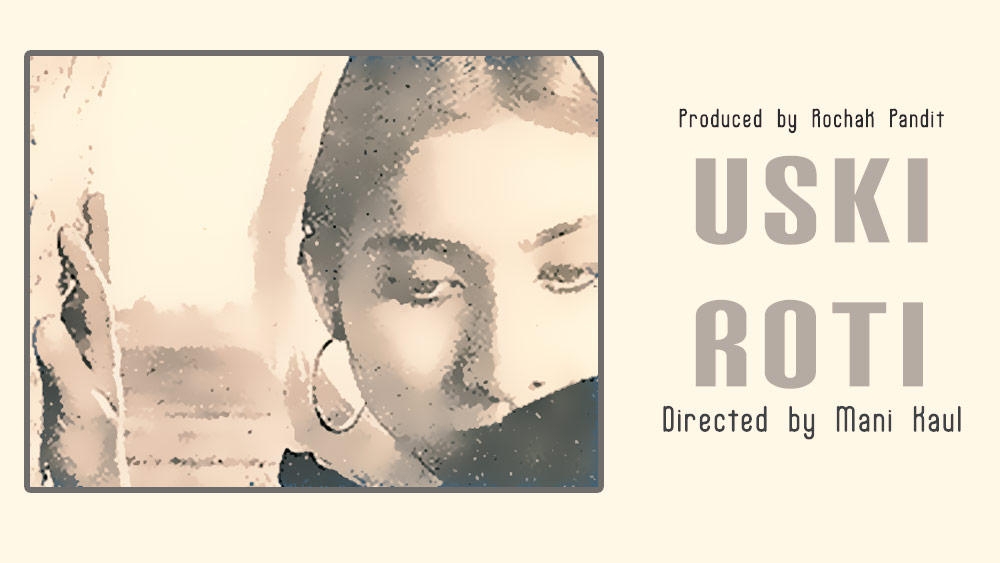
On 8th May, Maraa presents two films by Mani Kaul on the themes of human labour.
The Indian Woman (1975) | Dir: Mani Kaul | 20 mins
Uski Roti (1970) | Dir: Mani Kaul | 110 mins
Venue: Maraa, 2nd Floor, Glasscrafters Studio, No 3, Michaelpalya. (Off 80 ft. Road, Indiranagar)
Landmark: Sapna Book Store, 80 feet road.
Contact: 9880159484/ 9845220282
entry free, all are welcome.
More about the films and the festival:
The films take a look at a woman’s unseen labour – not just the unacknowledged work in the kitchen and at home but also the labour of waiting, of desiring, of being rejected and of reclaiming. A look at the dreary battering work and the tattered emotional fabric of a woman, and her quiet resilience to keep threading the fraying ends of existence. A call to see intently and spend a long, sustained duration with the image, the sound and the idea of a woman – working, hoping, longing, dreaming, thinking, losing, regaining… waiting, waiting, waiting…
6.30 PM
The Indian Woman (1975) | Dir: Mani Kaul | 20 mins
This sweepingly titled short documentary by Mani Kaul is at once revelatory and problematic. Commissioned by Films Division, parts of the film were apparently edited and added against Kaul’s wishes which include bits of the omniscient voice over. The tussle in the film – between the image and the voice-over, between different images, is the tussle between several ideas of ‘The Indian Woman’ – of the filmmaker, of the society and of the state. The most rewarding however is the film’s insistence on recognising the historical roots behind the labour of women – unpaid, unacknowledged and deemed ‘informal’.
7:00 PM
Uski Roti (1970) | Dir: Mani Kaul | 110 mins
Framed in the cramped suffocation of the home and the kitchen and the vast desolation of the open fields of the village, is the figure of a lonely wife in a marriage devoid of love and desire but one that demands constant labour and unfailing work from her. Stretching the length of his shots way beyond the comfortable, Kaul insists that we stay with the woman and feel the dreary drudge of the time that passes futilely. The labour of the woman working at home, and waiting for her husband – anxiously, fearfully, yet so resolutely that the silent wait itself becomes a mark of protest, is studied with such diligence and persistence that it becomes impossible to shrug it away.
Entry free, all are welcome.





